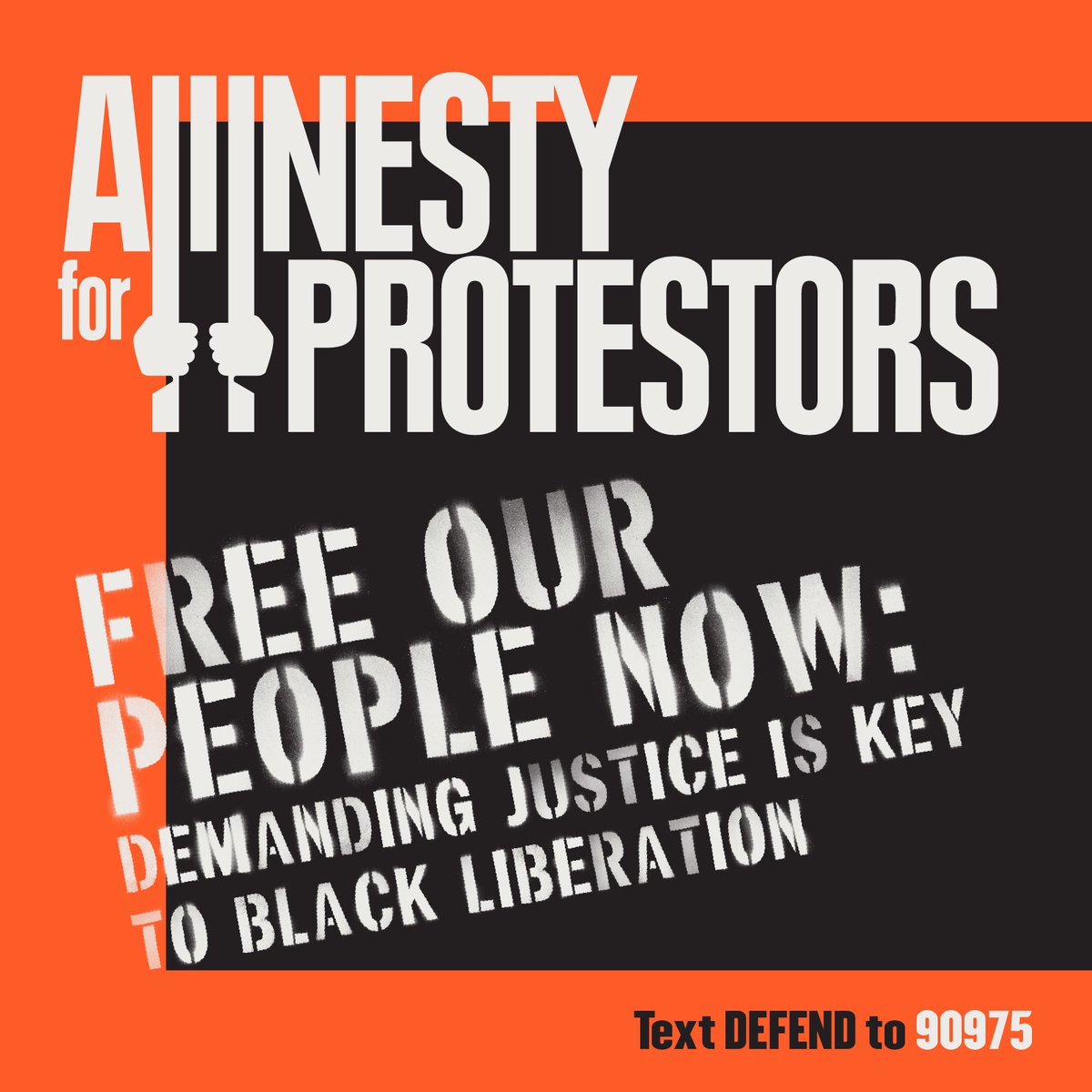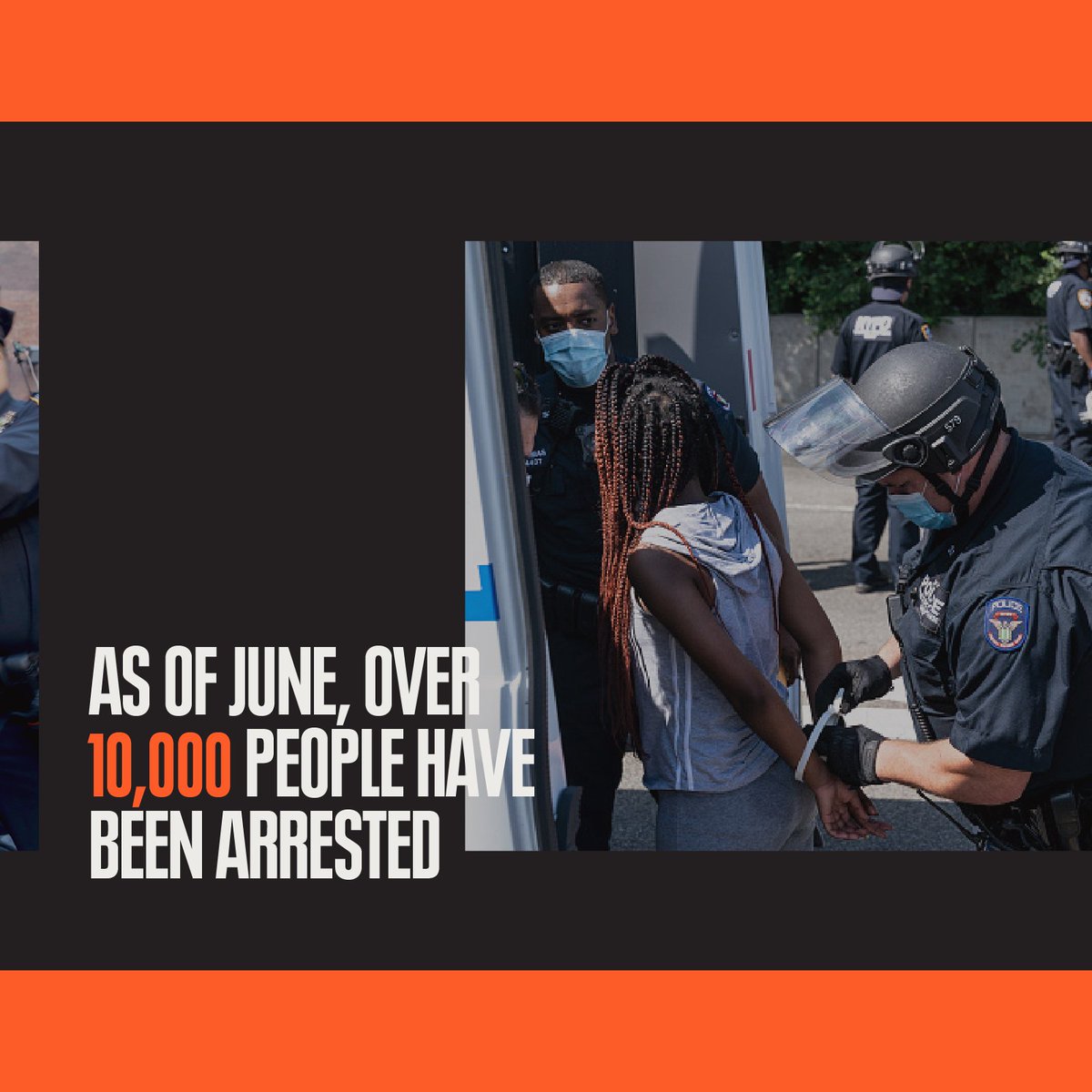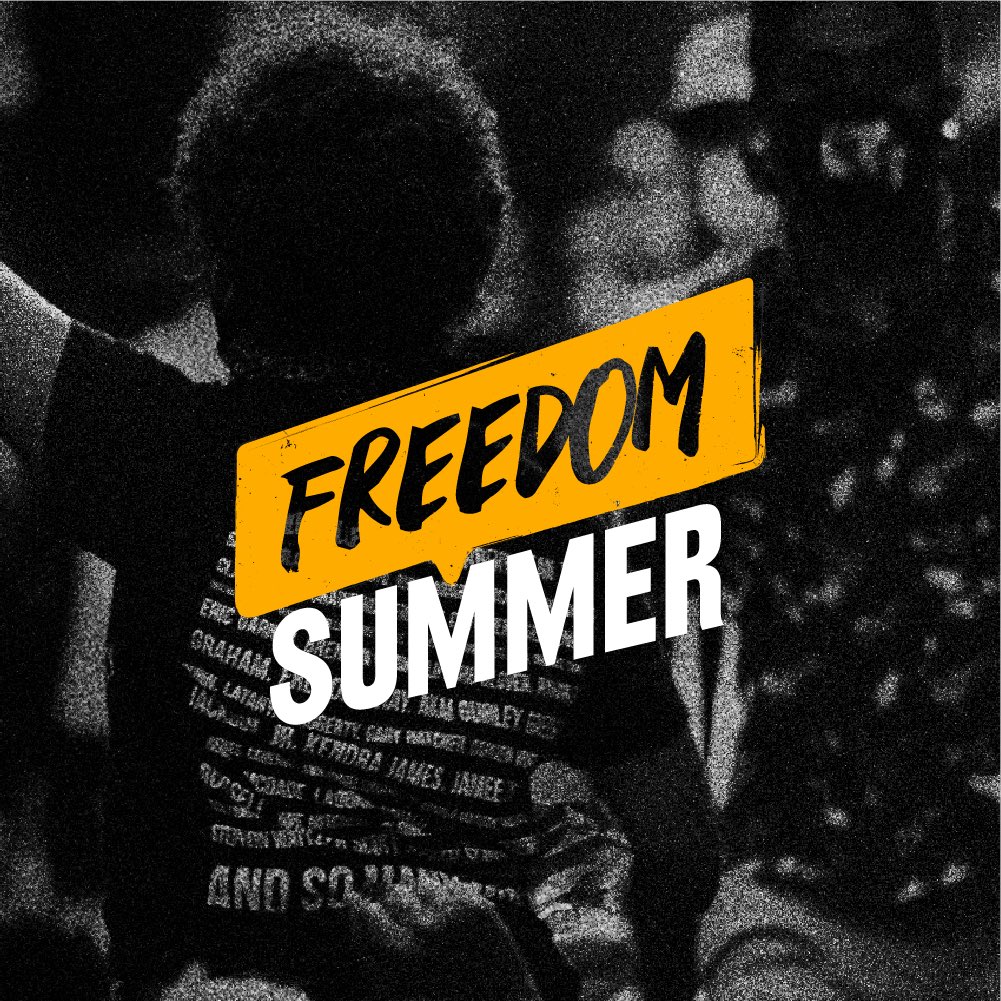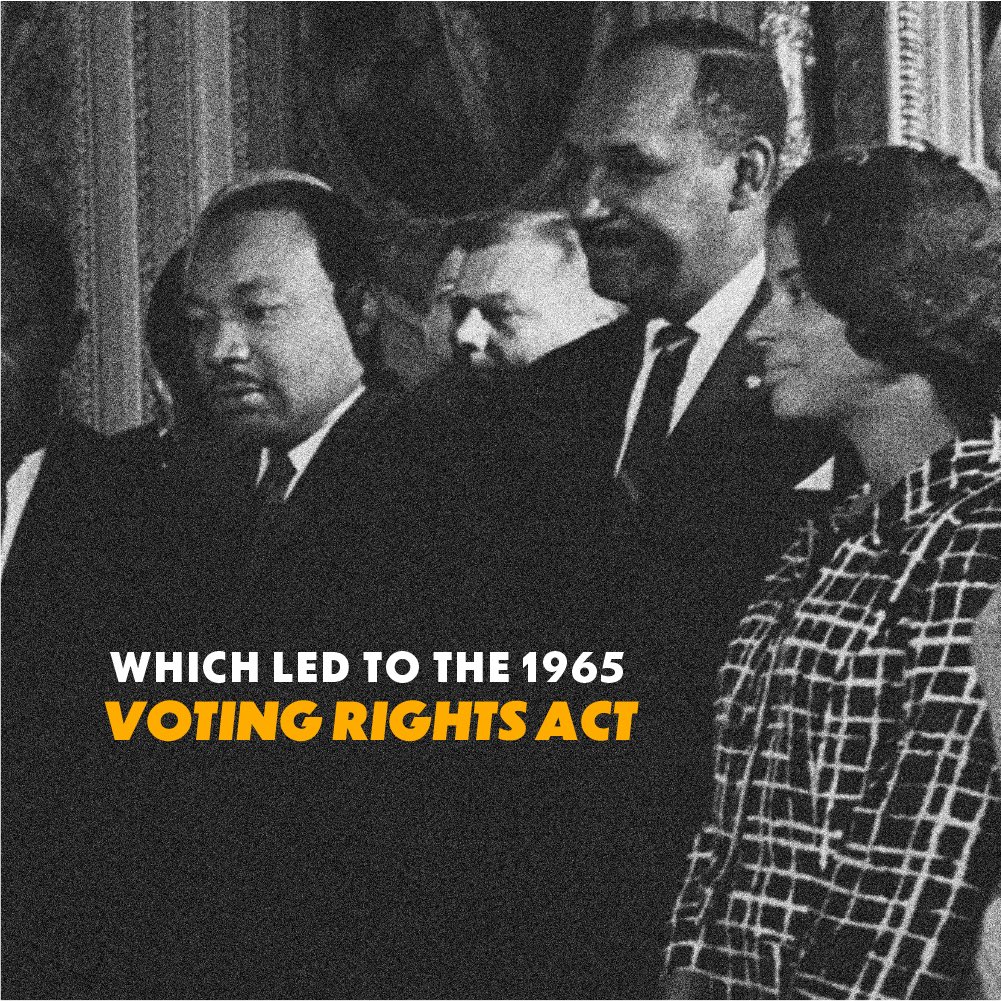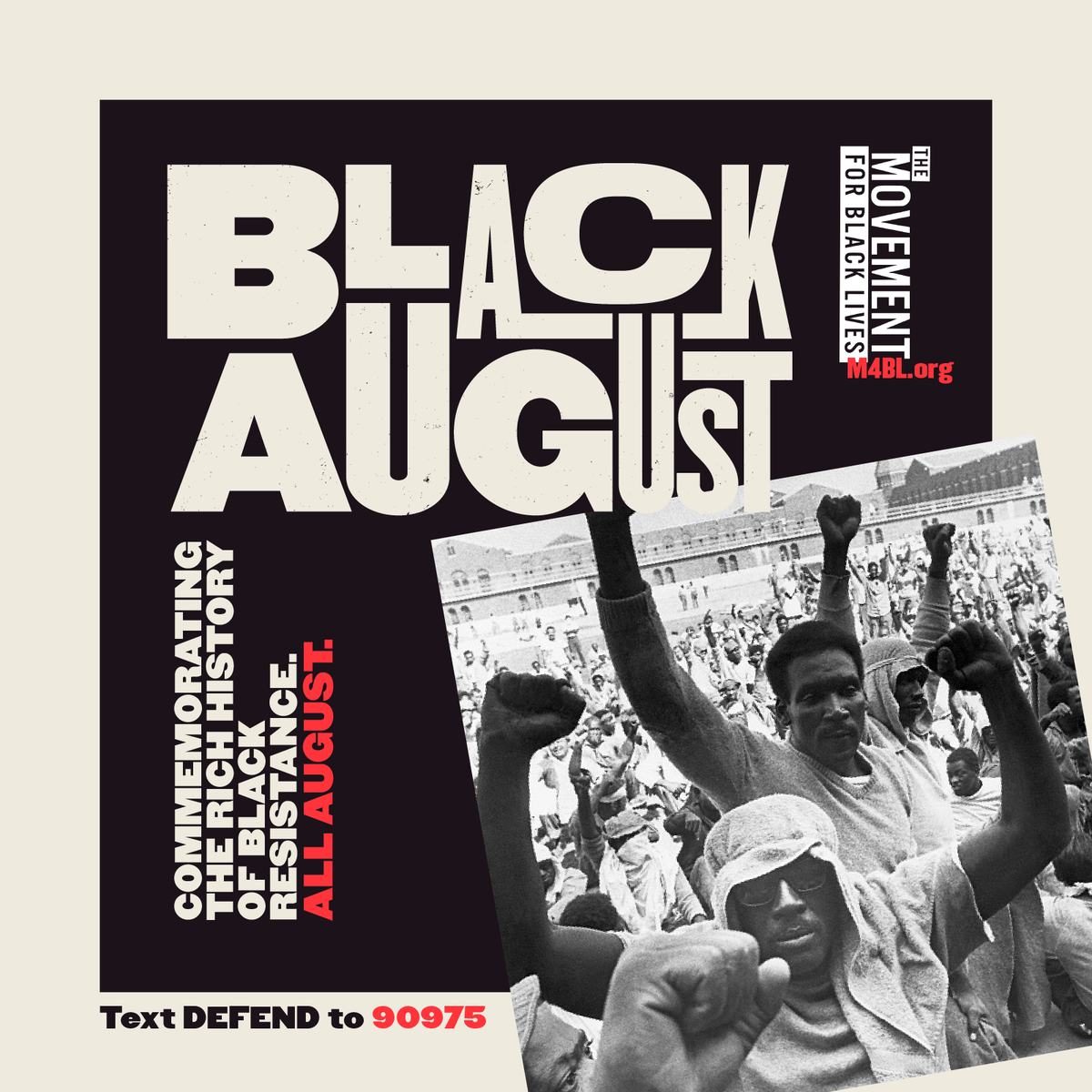
Happy Black Futures Month!
First launched by #M4BL and our partners in 2015, Black Futures Month is a visionary, forward-looking spin on celebrations of Blackness in February.
First launched by #M4BL and our partners in 2015, Black Futures Month is a visionary, forward-looking spin on celebrations of Blackness in February.

During #BlackFuturesMonth, and always, we center Black, queer, & transfeminist perspectives. Black queer & trans people have long been at the forefront of dreaming and expanding what is possible for our movements. 
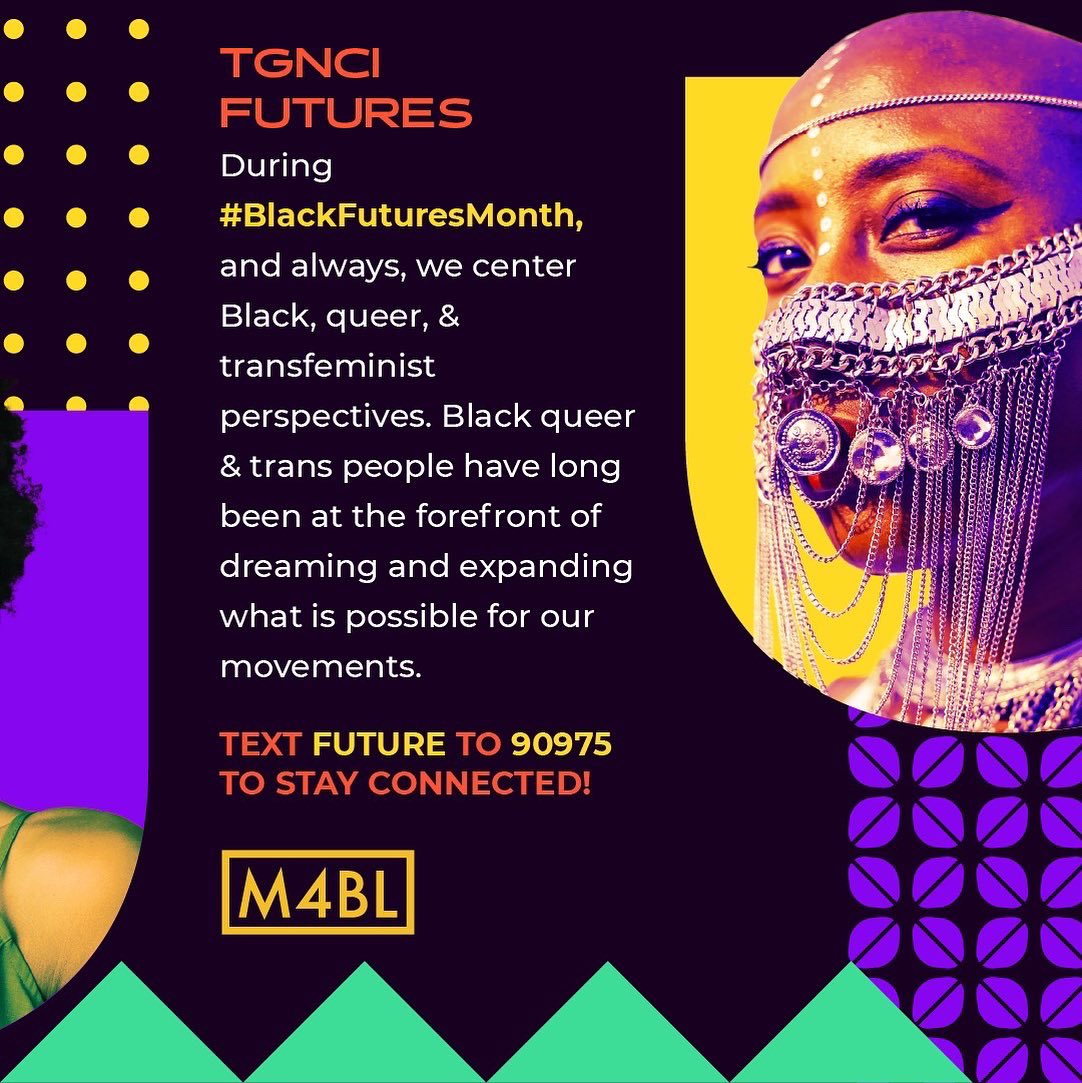
We're uplifting political prisoners and supporting them in their efforts to reclaim freedom. True liberation for Black people will be a future in which all of us are free. 

We'll also be talking about the future of labor for Black people. In our Black future, Black labor will not be exploited and we will have a healthy work/life balance, equitable pay, and more. 

Throughout #BlackFuturesMonth #M4BL will shine a light on the work and visions of our local power sites. They are building a world deserving of black people. 
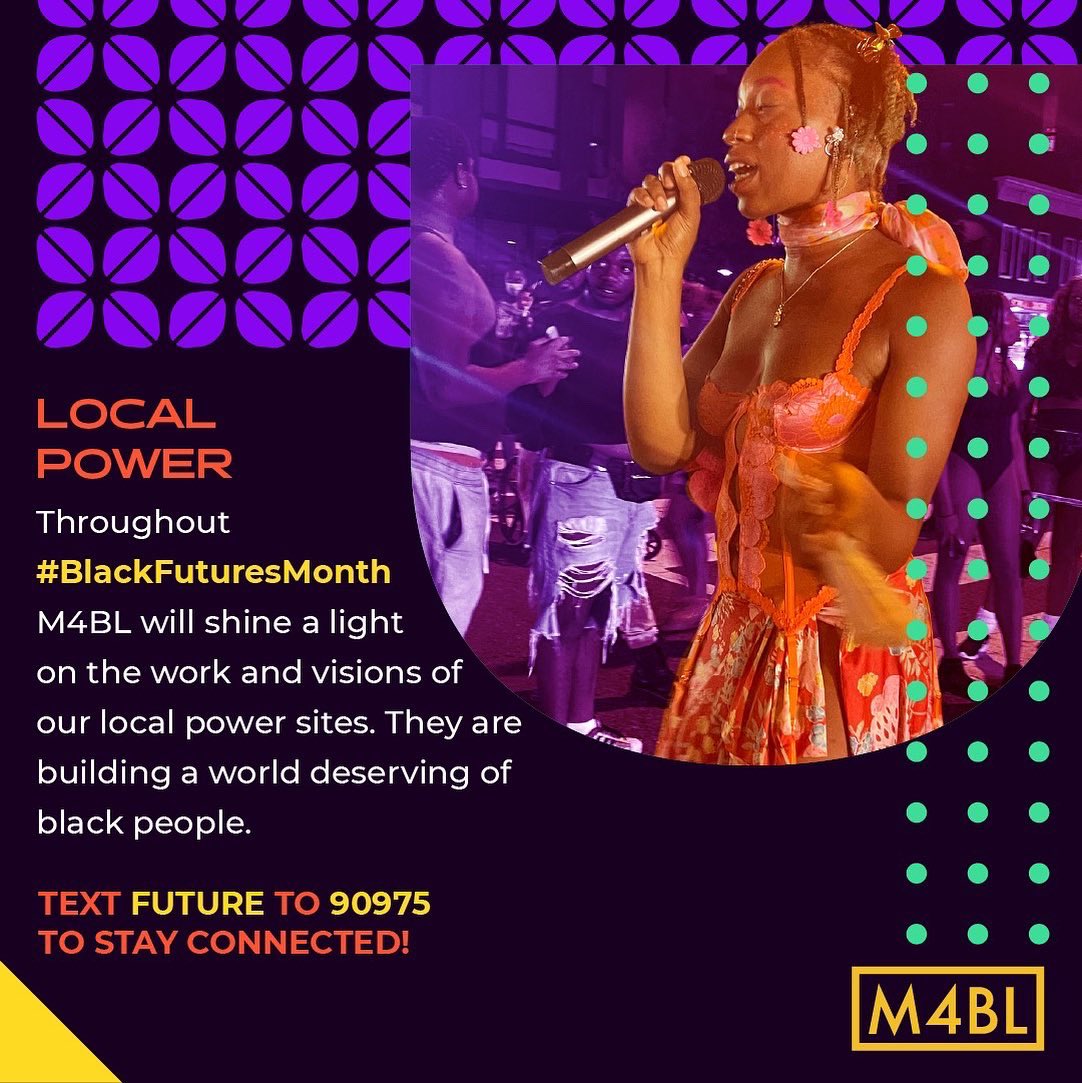
This Black Futures Month, join us in this journey to dream of our future and engage in the building of it together. Text FUTURE to 90975 to stay connected! 

• • •
Missing some Tweet in this thread? You can try to
force a refresh






